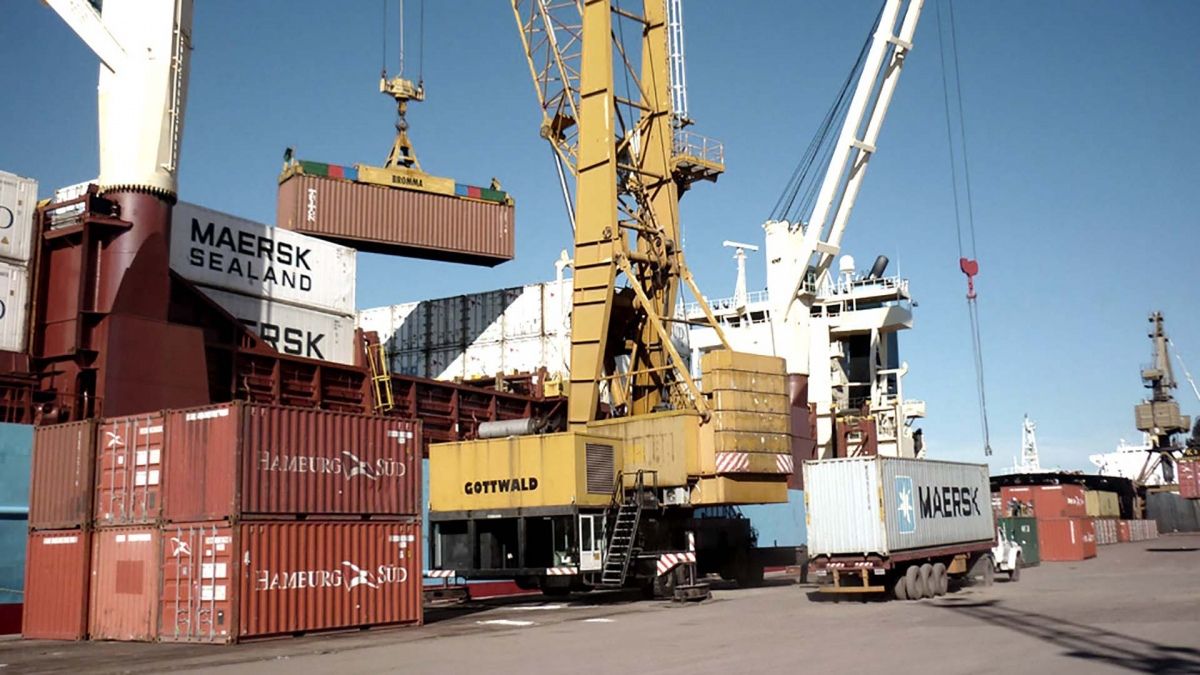The recent 2023 Report of the World Trade Organization ratifies the importance of international trade to confront the effects of an international polycrisis, caused by a war with global impact, the effects of the pandemic and the climate crisis.
To confront the polycrisis, the WTO proposes replacing recent trends of fragmentation and unilateral trade measures with re-globalization. That is to say, betting again on globalization, but learning from the mistakes of the past, where this concept proved to have its limitations by not having been able to fully resolve the enormous inequalities, the concentration of economic power and environmental deterioration.
Re-globalization by its own dynamics has the potential to increase the contribution of international trade to the peaceful resolution of disputes and sustainable global growth. To this end, the WTO recommends prioritizing the diversification of trading partners, which allows for more resilience and less tensions.
Global problems require global and complex solutions. For example, environmental policies must simultaneously manage to reduce environmental degradation and promote an integrated global economy that facilitates the transfer of green technologies to accelerate the energy transition. The WTO diagnosis shows us how important it is to increase trade between developing countries and, in that context, the opportunities that exist for Argentina, which produces what the world needs.
Increasing South-South trade can contribute to environmental sustainability, international security and mitigate the effects of the recent pandemic (and preparation for the next one) based on lessons learned.
image.png
Argentina presides over the Global System of Tariff Preferences among Developing Countries (GSPC), the only interregional agreement for tariff liberalization between developing countries under the enabling clause of the World Trade Organization. A preferential tariff reduction regime, with expanded concessions to all participants in the GDPR, also including non-tariff measures and long-term sectoral agreements.
The SGPC covers 42 countries that have 4 billion inhabitants and represent 20% of global imports of goods. It includes several of Argentina’s main trading partners, such as Brazil, Uruguay, India, Malaysia, Indonesia, Egypt, Morocco, Republic of Korea, Vietnam, Singapore, among others. Trade between developing countries grew on average 11% annually between 1995 and 2022, exceeding the growth rate of global trade (7%). It went from 600 billion dollars in 1995 to 6.1 trillion dollars in 2022.
South-South trade is not only growing rapidly in volume but also in quality of content, generating greater diversification and resilience of emerging economies. And it tends to promote non-traditional exports, including agro-industrial products and technologies with greater added value and technologies for intensive manufacturing production, allowing companies to strengthen themselves and generate new value chains in local production. Between 2020-2022, 48% of South-South exports were high and medium technology, such as transport equipment and machinery.
Among the SGPC participants are the world’s most dynamic emerging economies, which generated 20.5% of global import demand. The SGPC is an important platform for trade cooperation between developing countries and under the Argentine presidency, discussions will begin for a new round of negotiations on tariff preferences among the 42 countries of the SGPC, to respond to the challenges of the polycrisis.
These discussions will focus on tariff preferences in the health, food production, and energy transition sectors. For example, a new round of negotiations within the framework of the GDPR for renewable energy products will allow for broad sectoral decarbonization in developing countries.
The elimination of tariffs on these goods among SGPC participants will allow a faster transition to renewable energy, which would help us comply with the Nationally Determined Contribution (NDC) of the Paris Agreement. And it will help promote local zero-emission energy generation from renewable energy sources such as wind, solar and geothermal. Preferences will also be discussed to promote trade between GPC countries in the food production sector, to contribute to global food security. Emerging economies will be the main markets for food imports and technologies for food production, thanks to the dynamism in the growth of their population and economies.
In 2050, half of the population growth will be recorded in 9 countries, of which 5 are part of the GDPR – India, Indonesia, Nigeria, Pakistan and Tanzania. Agricultural products generally receive greater tariff protection than industrial goods. The average NFM rates on these products are very high in GDPR countries (14.5%). For both food exporting and importing countries in the so-called Global South, the reduction of tariff barriers and cooperation to address non-tariff barriers will allow higher levels of food security, improving diversification in exports and imports. Additionally, there is great complementarity in agricultural trade between the SGPC countries, as they are diverse products associated with specific climatic zones.
Argentina will have a great opportunity to increase its exports of goods and services that make up the sustainable agricultural technological package of excellence that distinguishes our country. This biotechnology package – a virtuous circle of sustainable food production – was presented for the first time at the WTO Public Forum with the presence of INTA, INVAP, CONICET and the private sector represented by AAPRESID. The potential to export the Argentine agricultural technology package with high added value is enormous.
But this requires strategic thinking, where trading partners are not chosen by ideology but by national interest, as the most developed nations do. Increasing Argentine trade with the Global South will allow us to project our exports with added value in goods and services that the world needs and that Argentina produces. And tools like the SGPC serve to achieve the Sustainable Development Goals – delayed by the polycrisis – promoting structural changes in developing countries through trade, facilitating a balanced and equitable process of global economic development.
By Federico Villegas Beltrán
Argentine Ambassador to International Organizations in Geneva
Source: Ambito
David William is a talented author who has made a name for himself in the world of writing. He is a professional author who writes on a wide range of topics, from general interest to opinion news. David is currently working as a writer at 24 hours worlds where he brings his unique perspective and in-depth research to his articles, making them both informative and engaging.




